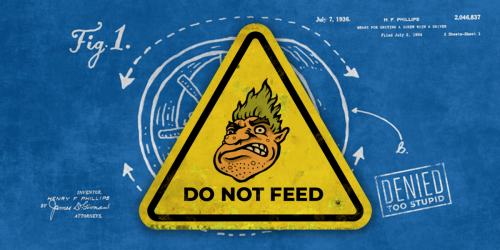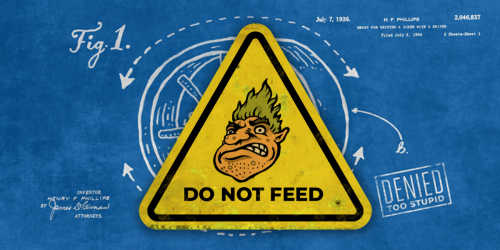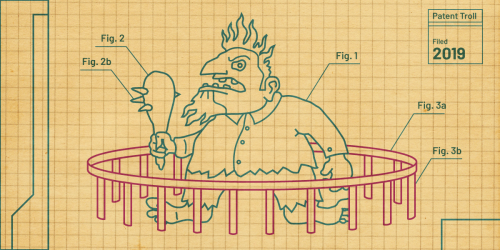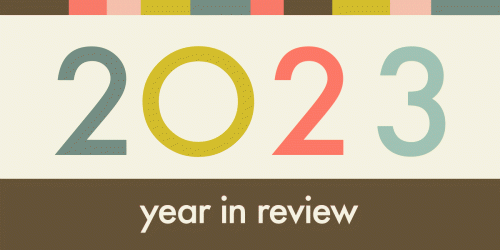The patent troll problem is not new. Trolls have been targeting companies large and small for some time, dragging productive businesses into court and extorting licensing fees that have become a nearly unavoidable tax on innovation. This is wrong.
But even worse are the trolls who target end users. These end users are small businesses, startups, and even individuals who find themselves facing lawsuit threats and licensing demands for simply using everyday products. Their stories are compelling and totally depressing.
The law should not allow trolls to prey on end users. Period. We hear some policy makers are considering proposals that would immunize these users. This is precisely the kind of reform the system needs.
Take for instance Innovatio, the troll who targets those who provide access to Wi-Fi networks in public spaces, like coffee shops and hotels. There's Lodsys, who targets app developers for using technologies to perform in-app upgrades—a feature that companies like Apple and Google provide to those developers. Or the infamous scanner troll, MPHJ Technology, who claims to own the technology covering scan-to-email and demands that companies pay up nearly $1,000 per employee for using it. And we can't forget Personal Audio, the troll who demands licenses from podcasters for, well, podcasting, despite the fact that most of those podcasters use off-the-shelf technology to distribute their podcasts.
There is a trend here. These trolls are targeting consumers who use widely available products to conduct their businesses efficiently and effectively. Most, if not all, did not develop, manufacture, or sell the allegedly infringing technology. Most, if not all, had no idea that any patent existed that might prohibit how they use those products.
Patent law, like much of the legal system, is designed to create incentives for people to behave a certain way. This may mean driving safely, getting homeowner’s insurance, or—in the case of patents—inspiring people to invent and create. When working properly, patent law represents a bargain, giving an inventor a 20-year monopoly in exchange for dedicating a new, non-obvious invention to society, along with the know-how to practice that invention for all to have when that monopoly ends.
By virtue of that bargain, public patent documents should put parties on notice of what they can and cannot do—what will infringe others' rights and what won't and, when the system is acting properly, encourage parties to "design around" existing patents, incentivizing creation of new and better ways of doing things.
This system is broken.
Regular people cannot understand patents, especially ones that cover software. Even engineers and lawyers find themselves scratching their heads at how broad and vague they are. The sheer number of patents—roughly 40,000 software patents are issued every year—makes it impossible for anyone to really know what patents exist and what those patents cover. And abuse of the system leaves parties who are in no position to monitor or search for patents left facing lawsuit threats and licensing demands.
Worse than failing to incentivize inventions, the patent system actually creates disincentives around the spread of innovation. Take, for example, this funeral home trade publication, warning its member organizations not to use QR codes, lest they end up facing a patent lawsuit.
As a society, we want our small businesses to use scan-to-email technology, our podcasters to share their content with as large an audience as possible, our coffee shops to provide Internet access, and—yes—our funeral homes to use QR codes. This is the promise of technology.
On occassion, some companies—such as Cisco, Apple, and Google—have stepped in to protect their customers, with mixed results. But the law makes this process cumbersome and difficult. We look forward to seeing legislation that would immunize end users from lawsuit threats and licensing demands, and the day when the patent system actually creates incentives to innovate and provides more people more access to exciting new technology.







